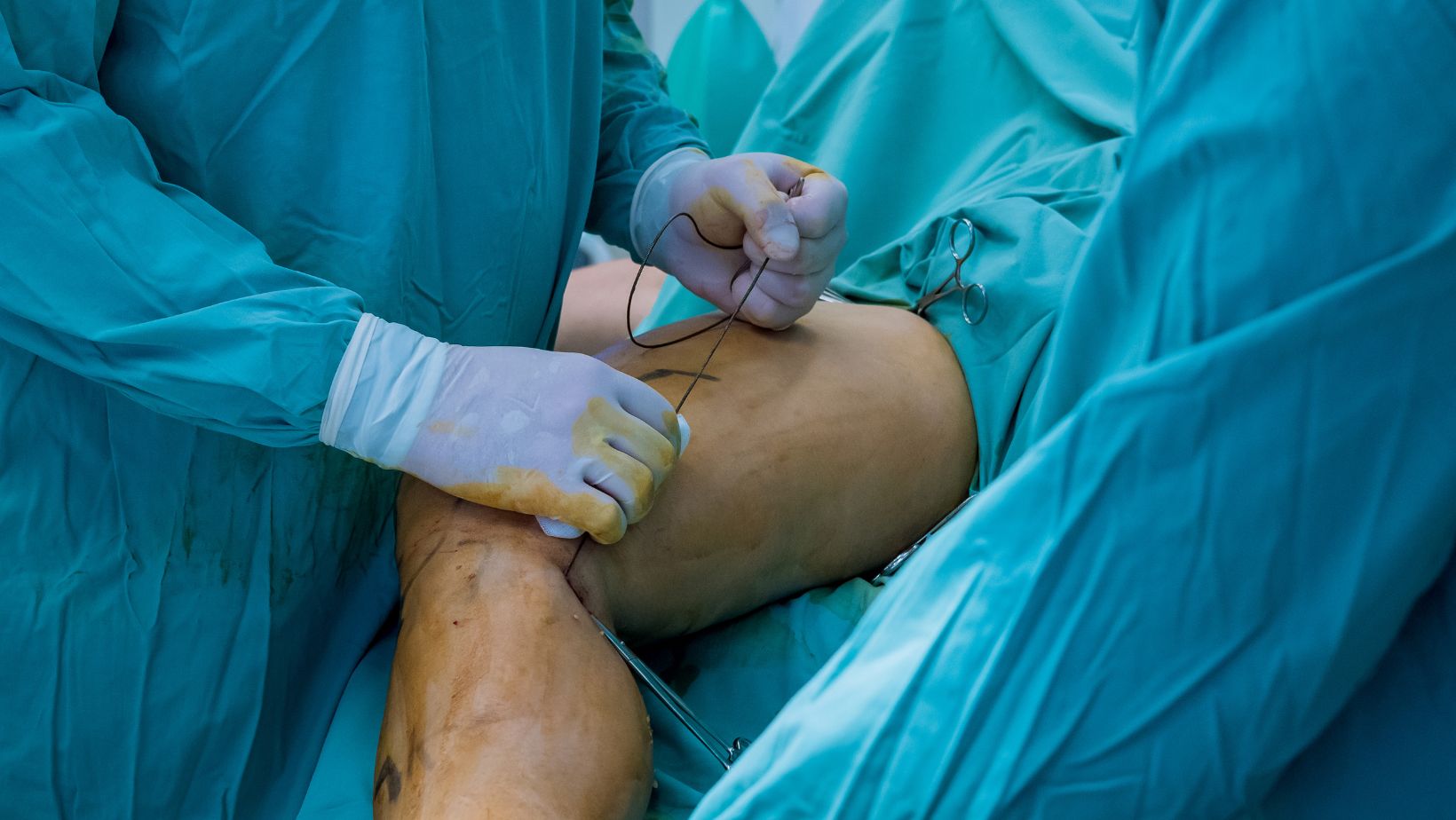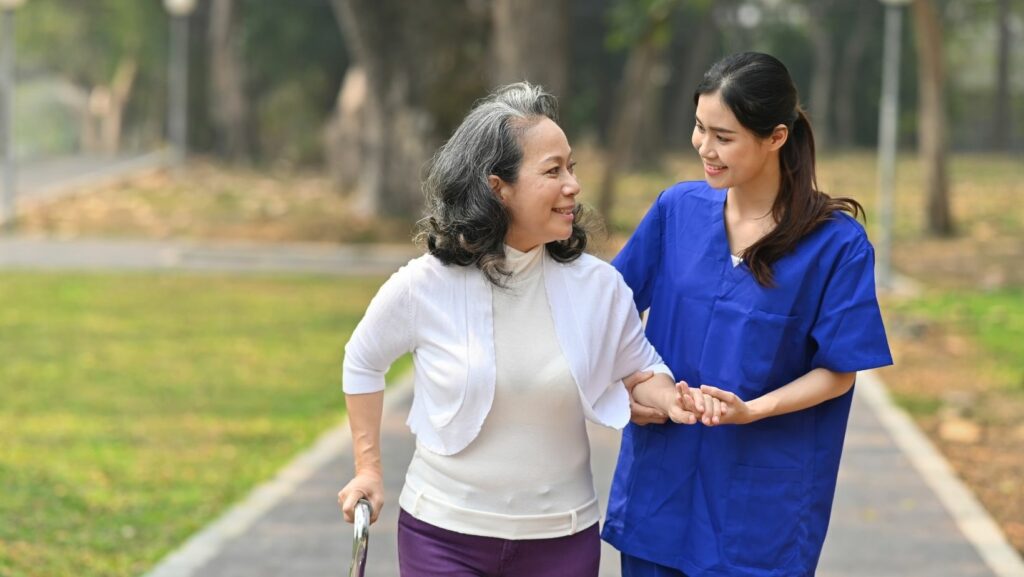The health of a community is not solely measured by hospitals, emergency rooms, or primary care practices; it also depends on access to specialized care. One area that highlights this connection is vein health, a field often overlooked until symptoms become severe. Conditions such as varicose veins, spider veins, and chronic venous insufficiency affect millions of people, yet they are frequently dismissed as cosmetic or minor issues. In reality, untreated vein disease can lead to significant discomfort, reduced mobility, and even serious complications such as blood clots or ulcers. Providing communities with access to specialized vein clinics ensures early detection, advanced treatment options, and long-term improvements in both individual well-being and public health outcomes.
Understanding the Impact of Vein Health on Communities
Vein health is more than a matter of appearance. When circulation in the veins is compromised, patients may experience pain, swelling, skin changes, or difficulty standing and walking for extended periods. These symptoms can limit mobility and independence, affecting daily life and reducing productivity. In communities where specialized vein care is unavailable, many individuals endure these conditions untreated, leading to avoidable complications that strain both families and healthcare systems. By integrating vein care into community health strategies, local clinics can prevent these outcomes, offering relief that improves quality of life and supports a healthier, more active population.
The Value of Early Diagnosis and Preventive Care
Specialized vein clinics bring a critical advantage: early diagnosis. Through advanced imaging technologies such as duplex ultrasound, specialists can detect venous disease at its earliest stages, often before symptoms become disabling. Early detection allows for preventive interventions, ranging from lifestyle recommendations and compression therapy to minimally invasive treatments that stop the disease from progressing. Preventive care not only spares patients from more severe complications but also reduces healthcare costs for the community as a whole. When individuals receive timely care, they are less likely to require hospitalizations or costly emergency treatments, easing the burden on broader health systems.
Minimally Invasive Treatments and Improved Patient Outcomes
One of the reasons specialized vein clinics are so impactful is their ability to provide advanced, minimally invasive treatments. Procedures such as radiofrequency ablation, endovenous laser therapy, and foam sclerotherapy allow patients to receive effective treatment with little downtime and minimal discomfort.

These innovations mean that individuals can resume their normal activities quickly, maintaining productivity and engagement within the community. Clinics like the Thornton Vein Specialists exemplify this patient-centered approach, offering access to the latest therapies in settings designed for convenience and comfort. By making these treatments widely accessible, communities benefit from healthier individuals who are better able to participate in work, family, and civic life.
Reducing Long-Term Health Risks
Untreated vein conditions can progress to serious health problems such as venous ulcers, skin infections, and deep vein thrombosis. These conditions not only cause significant suffering but also carry the risk of life-threatening complications. Specialized vein clinics play a key role in mitigating these risks through early intervention and continuous care. By addressing venous disease before it escalates, these clinics help reduce the prevalence of preventable complications within the community. This has a cascading effect: healthier individuals require fewer emergency interventions, easing strain on hospitals and improving the efficiency of the healthcare system overall.
Enhancing Patient Education and Empowerment
Specialized vein clinics also serve as educational resources, equipping patients with knowledge about their conditions and how to manage them. Patient education fosters empowerment, encouraging individuals to adopt healthier lifestyles and recognize early signs of venous disease. Clinics use advanced diagnostic visuals and straightforward communication to help patients understand their treatment options and outcomes. This focus on education creates a ripple effect, as informed patients often share their knowledge with family and friends, raising overall awareness of vein health in the community. A well-informed community is more proactive in seeking care, which leads to healthier populations over time.
Building Stronger Communities Through Better Health
The benefits of specialized vein clinics extend beyond individual patients. When community members have access to effective vein care, the collective impact is significant. Individuals who would otherwise struggle with pain or mobility limitations are able to maintain active lifestyles, contributing more fully to their families, workplaces, and communities. This improved quality of life reduces absenteeism, increases productivity, and promotes social engagement. In this way, specialized vein care strengthens not only individual health but also the fabric of the community itself, creating an environment where people can thrive physically and socially.
The Future of Community Health and Specialized Care
As healthcare continues to evolve, the importance of specialized care in improving community health will only grow. Advances in technology, from artificial intelligence in diagnostics to wearable devices that monitor circulation, are likely to make vein health care even more precise and accessible. The challenge for communities is to ensure that these innovations are available to everyone, not just those in urban centers or with extensive resources. Expanding access to specialized vein clinics will be a critical step in bridging gaps in healthcare and ensuring equitable outcomes. By prioritizing vein health, communities can position themselves to lead healthier, more resilient futures.
Conclusion
Specialized vein clinics are not a luxury but an essential component of modern community healthcare. By offering early diagnosis, minimally invasive treatments, patient education, and preventive strategies, these clinics directly improve the quality of life for individuals while reducing the overall burden on healthcare systems. Communities that invest in specialized vein care see benefits far beyond individual patients, experiencing gains in productivity, mobility, and overall public health. The example of clinics like the Thornton Vein Specialists demonstrates how access to advanced vascular care can transform both personal well-being and community vitality. As healthcare systems continue to adapt, ensuring broad access to specialized vein clinics will be a cornerstone of healthier, stronger, and more connected communities.



